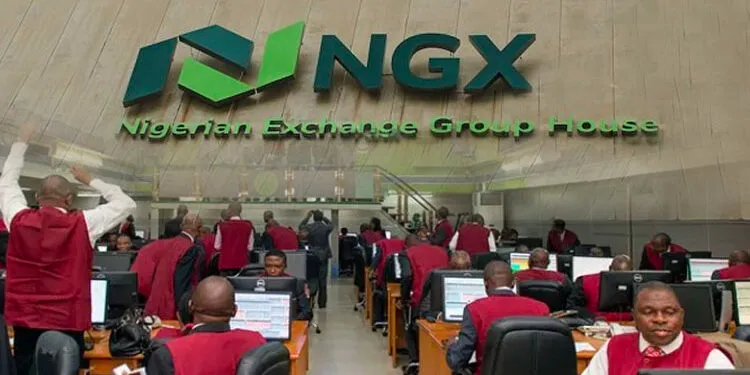The Nigerian Shippers’ Council has said that illicit cash outflows cost Nigeria and other African countries $50 billion annually.
This was revealed by the Executive Secretary/Chief Executive Officer of the NSC, Pius Akutah in Lagos recently during a debate competition organised by some members of the National Youth Service Corps in collaboration with industrial trainees of the council, according to The Punch.
The event was themed “Effective whistleblowers protection mechanism: A critical tool in the fight against corruption’.
Akutah, represented by the Director of Human Resources at the NSC, Mrs Ada Okam stated that the standard of living in Africa is severely impacted by illicit capital outflows.
He mentioned that all attempts to help Africans escape poverty and receive basic amenities had been slowed down.
“From research, it is noted that Africa loses more than $50bn annually through illicit financial outflow,” the NSC boss stated.
Akutah said that illicit money outflows hinder Africa’s ability to develop as a continent, advance the African agenda, and meet the Sustainable Development Goals.
He further said that corruption was a phenomenon that affected all of humanity.
He said that corruption has no gender and that “its effect is negatively permeative and all-encompassing, touching on every facet of human society, as it retards national advancement, stability and prosperity.”
“It is on this premise that the African Union has set aside July 11 every year as a day to remind everyone of the menace of corruption. This is according to the United Nations’ campaign to ensure a reduction in corruption and the promotion of transparency,” he added.
Akutah emphasized that as young ones are an essential component of society, the continent must begin involving them in discussions on matters of national, continental, and international interest.
He added that the theme of the competition helped to reflect on the importance of the whistleblower and the need for protection.
According to Akutah, it is an advocacy for effective coordination between investigative, prosecution and judicial systems to ensure the protection of the whistleblower and an effective whistleblowing mechanism as a tool for combatting corruption in society.
“Recognising whistleblowing as a critical element for combatting corruption, there are institutions, laws and policies put in place at the national, regional and global levels to protect the whistleblower,” he explained.
He disclosed that the council had a policy to protect the whistleblower as provided in the NSC Code of Conduct.
“The NSC Anti-Corruption and Transparency Unit is also responsible for the protection of whistleblowers in the council,” he said.











